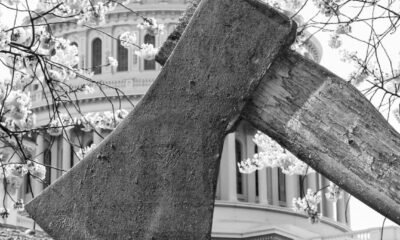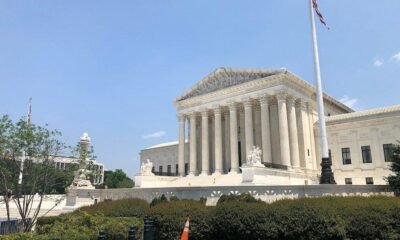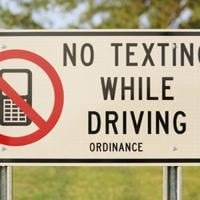Arizona Supreme Court
Court Rules Liquor Regulators Not Responsible for Drunk Driving Injuries

In a significant ruling, the Arizona Supreme Court has determined that the state’s liquor regulators are not required to close bars identified for overserving customers, particularly when issues arise from intoxicated patrons.
This decision reverses a previous ruling that held the liquor agency accountable for its failure to prevent public harm associated with alcohol overconsumption.
The case stems from an accident involving a customer who left Billy Jack’s Saloon and Grill in Dewey-Humboldt, who was later found to have a blood-alcohol content over four times the legal limit.
Victims of the incident argued that the Department of Liquor Licenses and Control should bear some responsibility for the injuries sustained due to its inaction in closing the establishment, known for its infractions concerning service to intoxicated persons.
Justice Kathryn King, in her opinion for the court, emphasized that while the department has the authority to revoke licenses and impose penalties, these actions are discretionary and do not create an obligation to close bars.
“The permissive statutes indicate the department may inspect and take action, but they do not impose a duty to protect individuals injured by overserved patrons,” King stated.
This ruling directly contradicts a prior decision by the state Court of Appeals, which asserted that the agency’s regulations were designed to prevent public harm from establishments overserving customers.
The appellate court had noted that the law intended to protect those potentially harmed by intoxicated patrons, creating a duty for regulators to act against bars known for overserving.
However, Justice King articulated that the existing laws do not establish a direct liability for the agency regarding alcohol-related incidents, as they do not mandate specific actions or responsibilities.
Court documents reveal that David Browne was involved in a serious multi-vehicle accident shortly after leaving Billy Jack’s, with a blood-alcohol level exceeding 0.30.
Passengers Victor Sanchez-Raveulta and Janette Dodge, along with their children, were among those affected in the collision.
The plaintiffs contended that the department’s gross negligence led to their injuries and that it should have acted to curb the overserving practices at the bar.
Yet, the court highlighted the principle that negligence can only be established if a clear duty exists to prevent harm. Merely having regulations is not sufficient to create such a duty.
Justice King pointed out that the statutes cited do not obligate the department to enforce certain conduct but instead outline its broad discretionary powers.
Additionally, while another statute details conditions for issuing a liquor license, the current case rests on actions taken post-licensing, which the plaintiffs did not adequately demonstrate as harmful.
As this landmark ruling unfolds, it raises relevant questions regarding the responsibilities of liquor regulators in safeguarding public safety in the context of alcohol consumption.

















